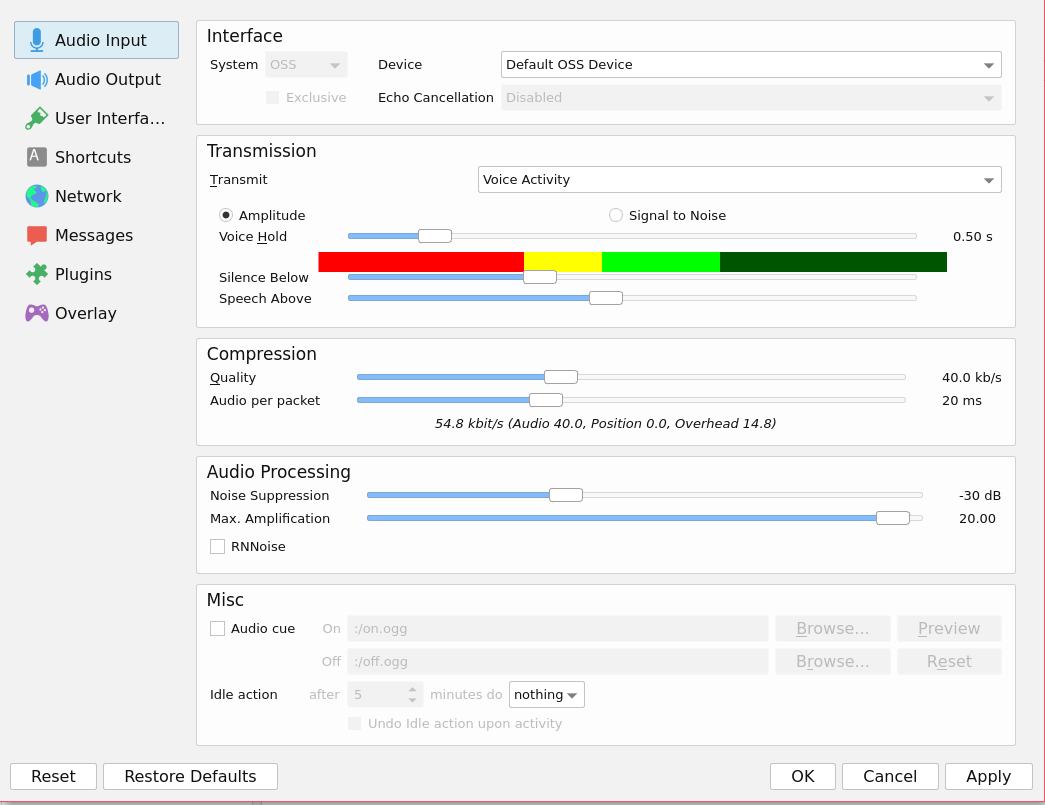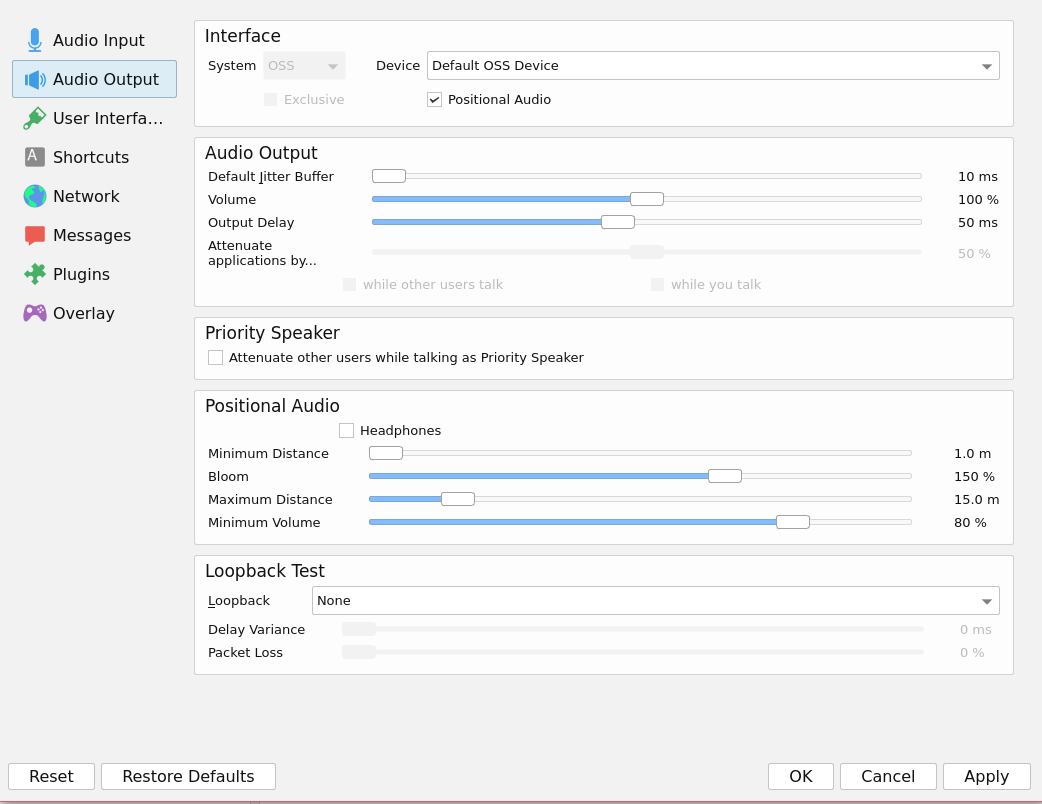Bluetooth support on Unix systems has always been precarious, causing all kinds of problems. The only exception are mobile Android/IOS systems. In Linux, despite acting as the base of Android, the performance is terrible for some reason. In this article, we will see how to solve all these problems regardless of the operating system, as we will use a USB sound card that will transform the signal to BT.
First, let’s indicate the hardware we have so that there is no confusion:
- Headphones: JBL Tune 110BT (BT-4.0)
- Sound card: 1Mii USB Bluetooth Adapter (BT-5.0)
We check the system’s sound cards, and when we connect the 1Mii, a new device, pcm8, appears:
Installed devices:
pcm0: <NVIDIA (0x0084) (HDMI/DP 8ch)> (play)
pcm1: <NVIDIA (0x0084) (HDMI/DP 8ch)> (play)
pcm2: <NVIDIA (0x0084) (HDMI/DP 8ch)> (play)
pcm3: <NVIDIA (0x0084) (HDMI/DP 8ch)> (play)
pcm4: <Realtek ALC1150 (Analog 5.1+HP/2.0)> (play/rec) default
pcm5: <Realtek ALC1150 (Rear Digital)> (play)
pcm6: <Realtek ALC1150 (Front Analog Mic)> (rec)
pcm7: <USB audio> (rec)
pcm8: <USB audio> (play/rec)
No devices installed from userspace.
To change the sound card that the operating system should use, it is as simple as running:
On the headphone side, we just need to pair it with the 1Mii as indicated in the user manual.
To make the sound card switching more agile, I have programmed a small script:
#!/usr/local/bin/bash
LAST_DEVICE=$(grep pcm /dev/sndstat | awk -F ":" '{print$1}' | awk -F "pcm" '{print$2}' | tail -n1)
#echo "LAST_DEVICE: $LAST_DEVICE"
for NEXT_DEVICE in $(grep pcm /dev/sndstat | awk -F ":" '{print$1}' | awk -F "pcm" '{print$2}'); do
#echo "NEXT_DEVICE: $NEXT_DEVICE"
CURRENT_DEVICE=$(grep default /dev/sndstat | awk -F ":" '{print$1}' | awk -F "pcm" '{print$2}')
#echo "CURRENT_DEVICE: $CURRENT_DEVICE"
if [ $NEXT_DEVICE -le $CURRENT_DEVICE ] && [ $NEXT_DEVICE -ne $LAST_DEVICE ]; then
#echo "Continue"
continue
else
if [ $CURRENT_DEVICE -eq $LAST_DEVICE ] && [ $NEXT_DEVICE -eq $LAST_DEVICE ]; then
NEXT_DEVICE=0
#echo "NEXT_DEVICE: $NEXT_DEVICE"
fi
DEVICE_NAME=$(grep pcm$NEXT_DEVICE /dev/sndstat | awk -F "<" '{print$2}' | awk -F ">" '{print$1}')
sysctl hw.snd.default_unit=$NEXT_DEVICE
if [ $? -eq 0 ]; then
notify-send "Audio device changed: PCM$NEXT_DEVICE: $DEVICE_NAME"
# Needed for Ubuntu jail
killall pulseaudio
break
else
notify-send "Error changing audio device, reverting"
sysctl hw.snd.default_unit=$CURRENT_DEVICE
fi
fi
done
We assign the necessary permissions:
And I have modified the Awesome configuration to run the script with the “Mod + .” shortcut.
-- {{{ Key bindings
globalkeys = awful.util.table.join(
-- CUSTOM KEYBINDINGS:
awful.key({modkey, }, ".", function () awful.util.spawn("/home/kr0m/.scripts/audioSwap.sh") end),
The only drawback is that applications have to be restarted to use the newly configured card. In Chrome, for example, you have to close the player tab and reopen it.
As for VoIP software, they work perfectly. We just need to switch the 1Mii to call mode and choose the correct device in the VoIP software. We must bear in mind that the BT bandwidth is very limited, so in order to receive and emit audio (call mode), the audio quality will be notably reduced. Remember to switch to playback mode when you finish the call to enjoy superior audio quality again.
NOTE: The firmware of my headphones must be buggy. When switching from audio to call mode, there is no problem, but when switching from call mode to audio, it is necessary to turn them off and on again to reconnect. If we don’t do this, there is no audio.
In systems like Android/IOS, apparently the sound quality does not decrease because they do some kind of multiplexing of audio transmission/reception so as not to have to switch to call mode. I leave here the link where they discuss it:
Bluetooth doesn’t have the bandwidth necessary to act as A2DP sink while also transmitting audio back to the pc. Android phones and iPhones switch "on the fly" so that it sounds good to both ends but the Linux implementation does not.
It is worth noting that in Mumble, it is no longer necessary to do anything described in
this previous article
, just choose the correct audio device, in my case default OSS.


Another software that works without problems is Discord. You just have to close the browser tab and reopen it after changing the sound card of the operating system.